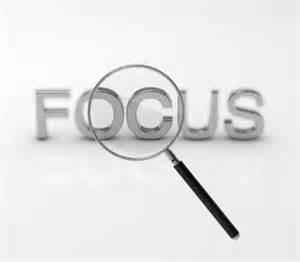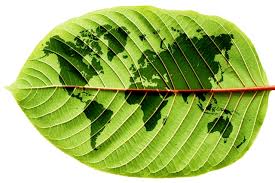
I’ve read a rather telling aphorism once: the greatness of a nation and its moral progress can be judged on how it treats its animals. I think Gandhi was quoted as saying it. Nevertheless, the aphorism both horrified me and struck me as very true. I wonder, as Wendell Berry and others like him have often done in the pages of their essays, if the greatness of a nation and its moral progress can be judged on how it treats its land? At the very least, I believe that how we treat animals and the land around us is a consequence of what we think of each other and ourselves.
Up to this point, this blog has considered perspectives that do not put human beings as a centered focal point but rather as a part of a greater reality, one which is grounded in objectivism. That being said, I would like to explore the homesteading theme, the environmental and creative themes that have been addressed from a perspective that does consider human beings as a center focal point. First, look outside of your window and consider what is important to human beings. Secondly, consider the cost of putting a value on that human importance.
Homesteading, small-scale farming (whatever it may be called) seems to be one of those human endeavors that shifts importance from the farmer to the farm: its environment and its animals. Of course, there are exceptions. However, those exceptions aside, I believe that this desire of some to be a part of an environment that is greater than themselves rather than to think themselves as greater than their environment comes from a deep-seated understanding that whatever our convictions the reality remains: we are not important.
Some view this as humanistic blasphemy. However, viewed from the point of view that we are part of a greater whole, the admission that we are not important leads us to ask: what is? I believe that those that have discovered the possibility of homesteading on a small-scale sustainable farm have realized what is important. Truth is important and sustainable practices in all their forms are a part of this truth. This is often presented within the framework of environmental arguments, but those arguments assume that the environment is somehow innately important. I would have to disagree: the environment is important because it reminds us that we are completely and absolutely dependent upon it for happiness not to mention our survival. The truth is, we are not important to the environment, but our environment is of utmost importance to us.
However, we do not seem to be interested in the truth of our situation: our total and utter dependence upon the environment for our happiness and survival. It seems that we put importance upon the façade of independence and the fascia of truth. The façade and fascia of independence and truth are much easier for us to achieve than is the achievement of true independence and the realization of Truth (capital T intended).
If we value comfort, then comfort will be prioritized over all else as will ease and wealth and whatever else we deem as valuable. I think that how we treat animals and the environment as a whole does mirror our false assumption that we are the focal point of the world we live in. Although the world cannot and does not care, we can and perhaps we need to start valuing our capacity to do just that.


